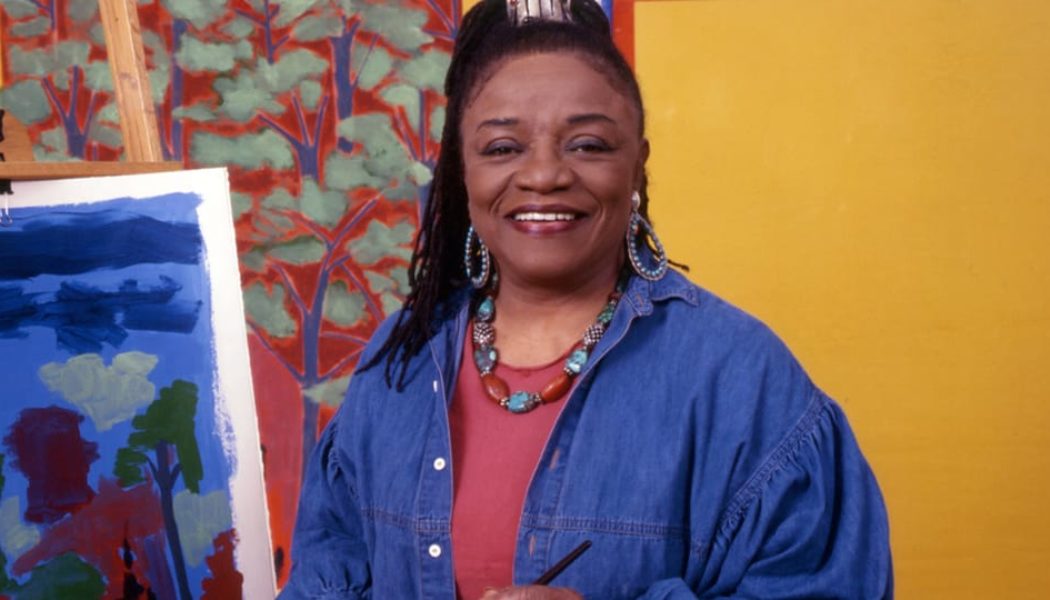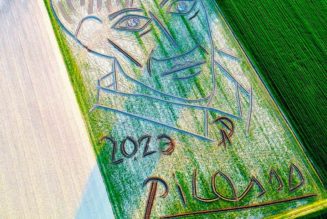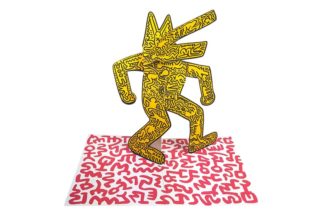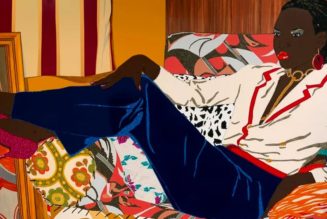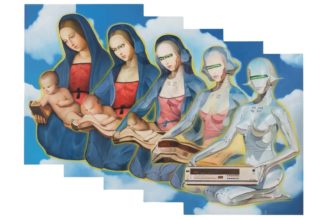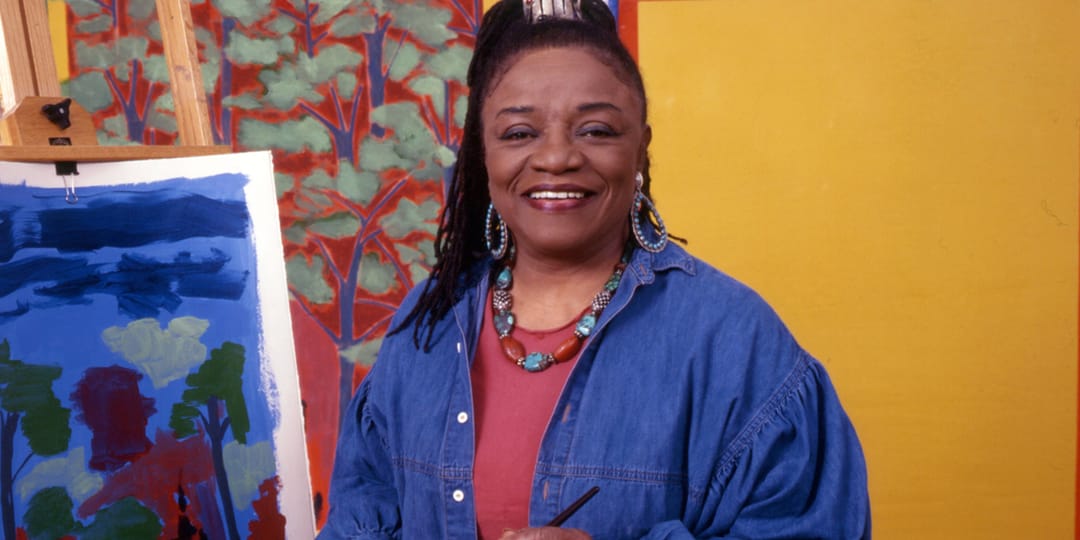
Faith Ringgold, the fearless artist, activist and children’s book writer best known for her expressive quilts that commented on the African American experience, has passed away at age 93. Her death was confirmed by her daughter, Barbara Wallace, as well as ACA Galleries, who represented the artist since 1995.
Classically trained as a painter and sculptor, Ringgold first created politically charged compositions that explored issues of race and gender inequality in the 1960s. Flag For the Moon: Die N***** (1967) appears aesthetically similar to Jasper Johns’ Flag (1954-55) painting of the previous decade, but hidden between the former’s jagged red stripes are the words ‘Die N*****’ — Ringgold’s “way of saying that too many American people go to bed hungry,” she previously said, “while the government spent billions to place their flag on the moon.”
Ringgold’s unapologetic messaging and striking color palettes would blend seamlessly from the canvas to the quilt, as she’d interweave a range of materials in the 1970s, inspired by Tibetan paintings called thangkas. Ringgold’s “story quilts”, from Groovin’ High (1996) to Who’s Afraid of Aunt Jemima? (1983), tell the joys and tribulations of the Black experience; the latter work dismantling stereotypes attached to the popular syrup brand of the same name.
“You know the Aunt Jemima pancake box?” Ringgold previously said in a past interview. “If you look at the early ones when I was a kid, she was much darker … her nose was wider, her lips were fuller, and she was fatter. … And so I wanted to pay tribute to all of these Aunt Jemimas that we have in all of our families — these strong and very powerful women who sometimes don’t pay attention to their weight because they’re so busy nurturing and feeding the whole family.”
Drawing from her own life experiences, Ringgold would enter the world of children’s books through one of her seminal quilts, Tar Beach (1988), which depicted a jovial Black family eating and picnicking on a Harlem rooftop. The artwork would lead to her first book of the same name, and a dozen more publications to follow.
Despite advances in ethnic representation within the arts over the five decades in her career, Ringgold never wavered from advocating for the rights of minorities and women, asserting in a 2019 interview that “there is a bias even in the selection of black women, favoring those who have little or no politics.” Ringgold’s work is collected by many of the US’ biggest institution’s, from the Metropolitan Museum of Art to the Guggenheim Museum, as well as past exhibitions at the White House.
Ringgold is survived by her two daughters, Barbara and Michele Wallace, as well as three grandchildren.
